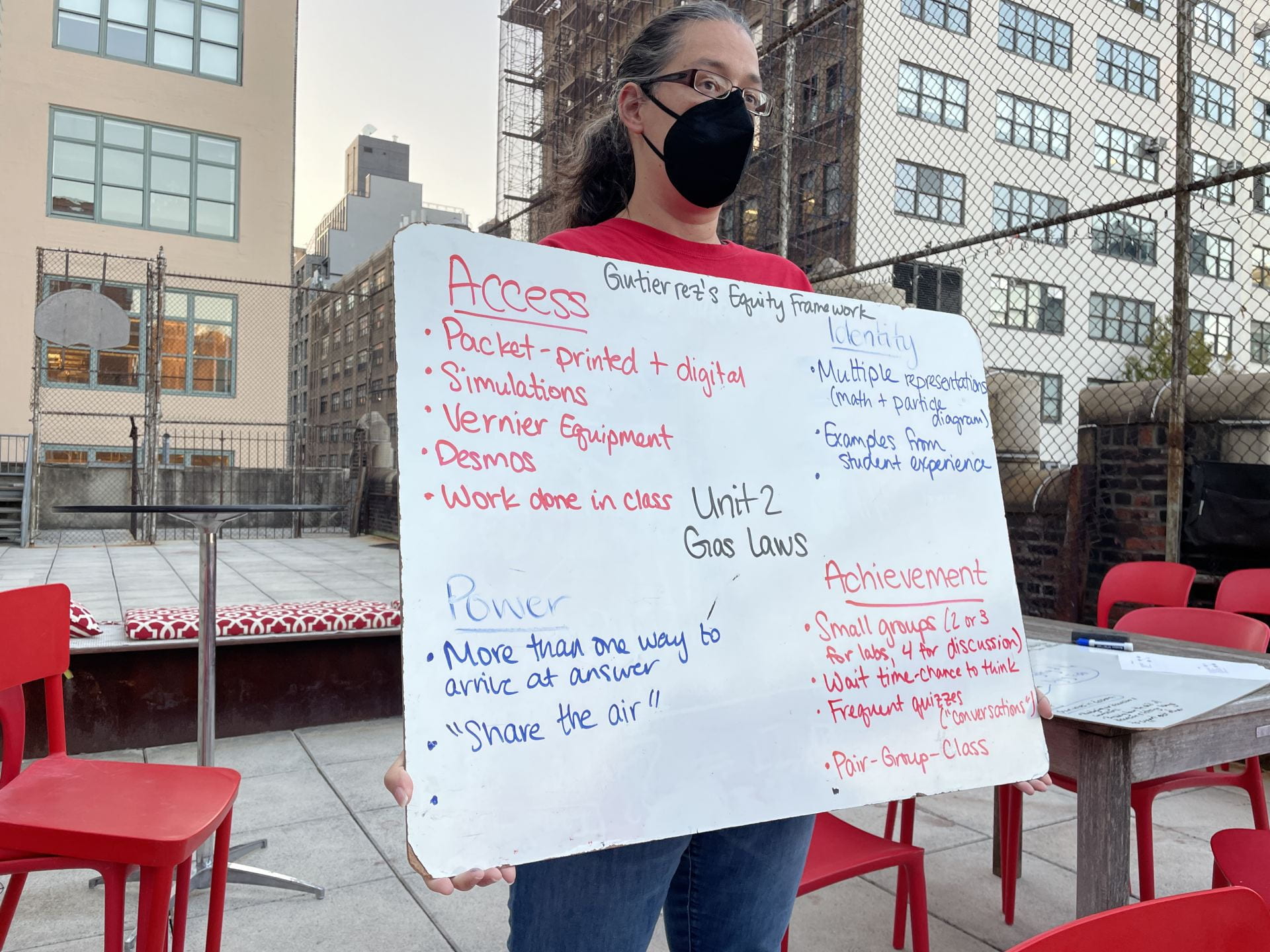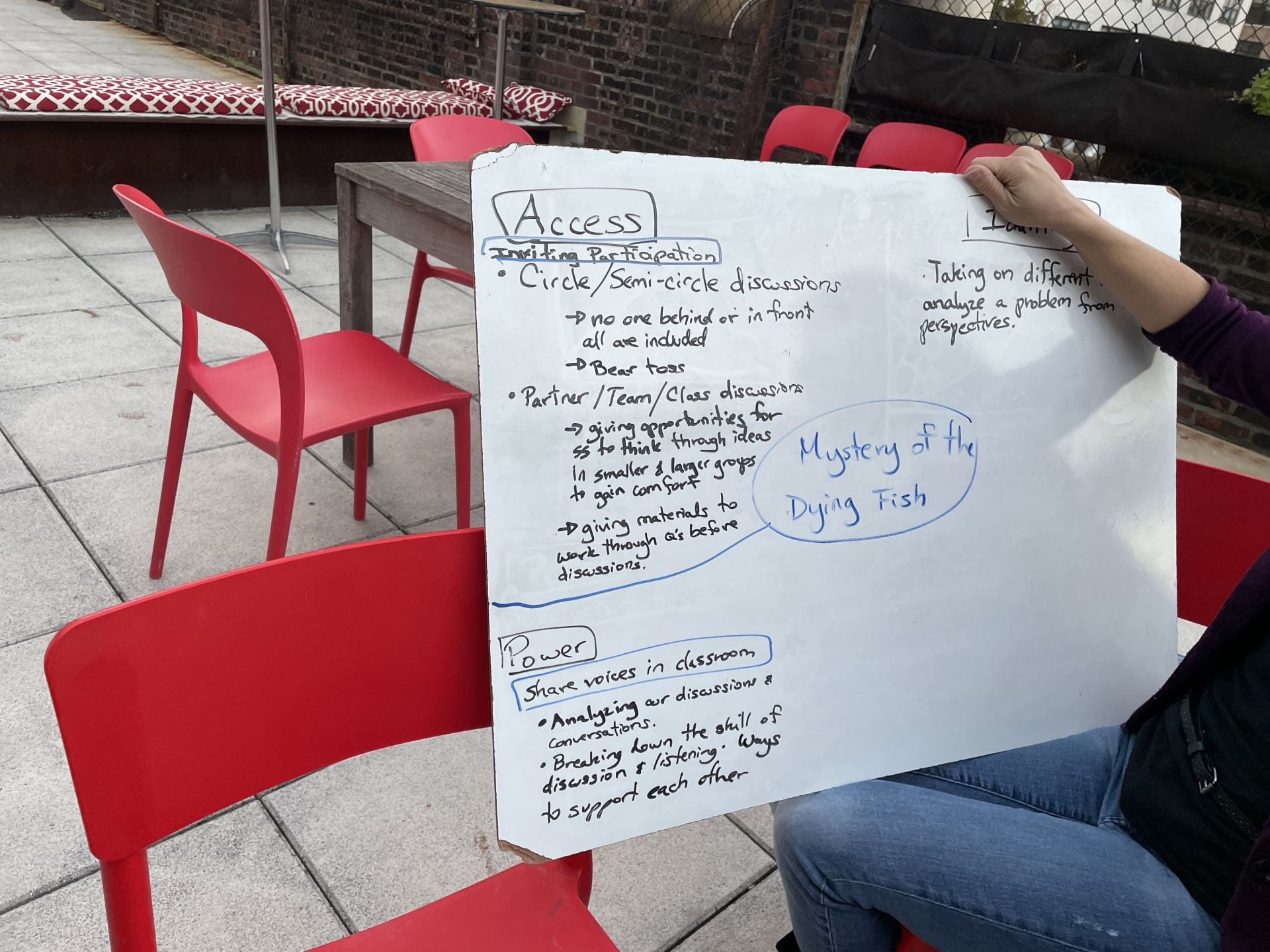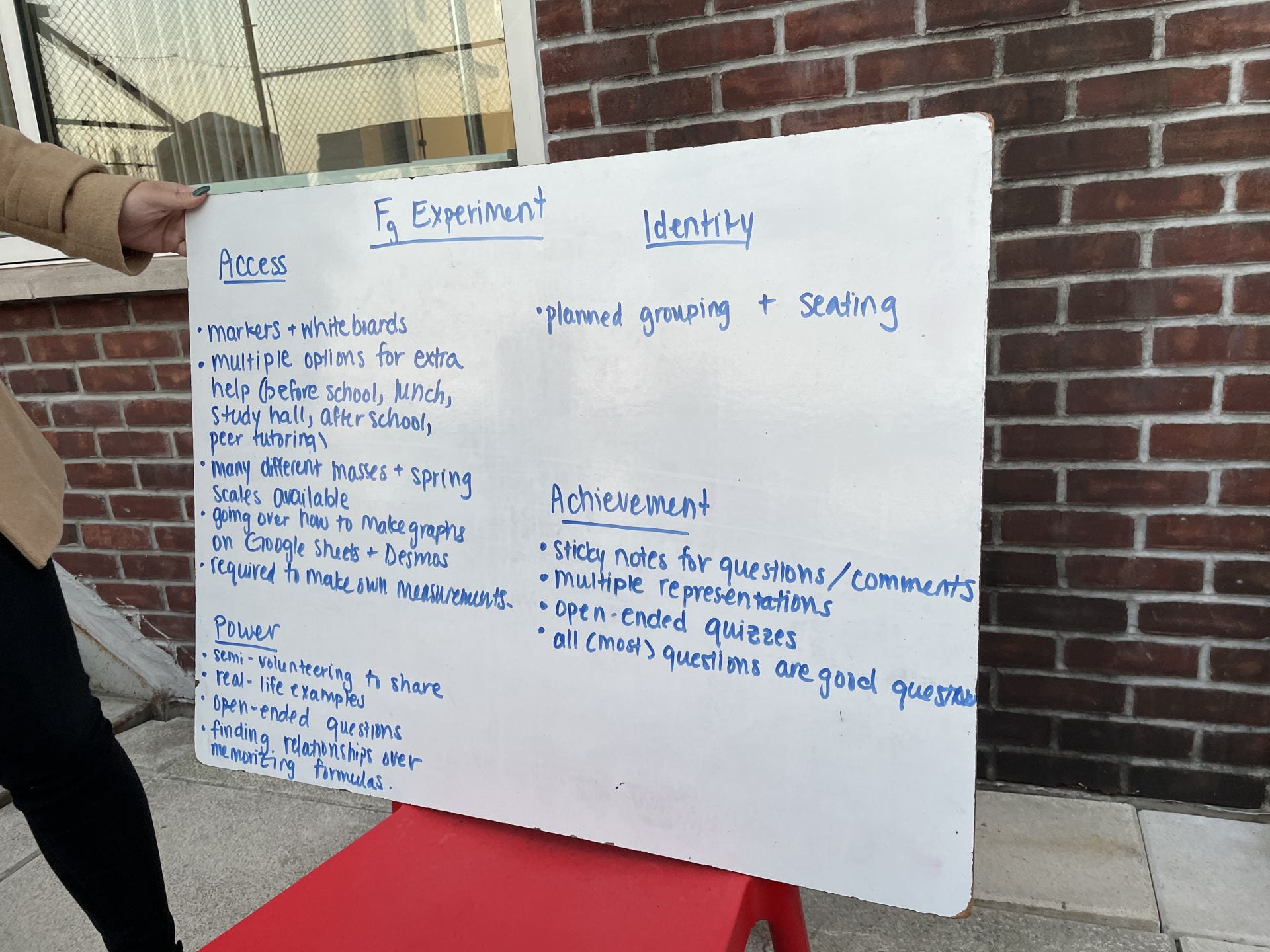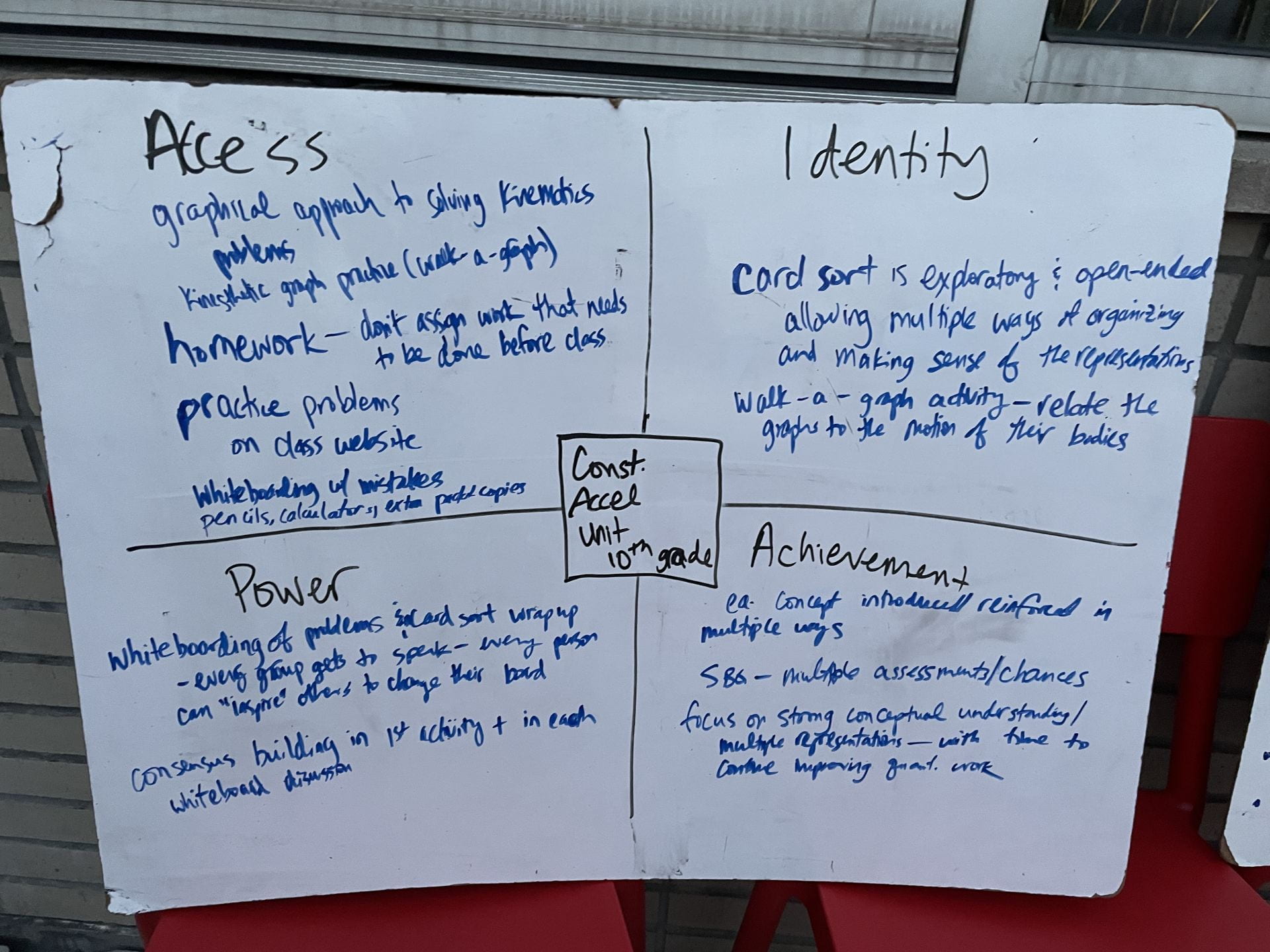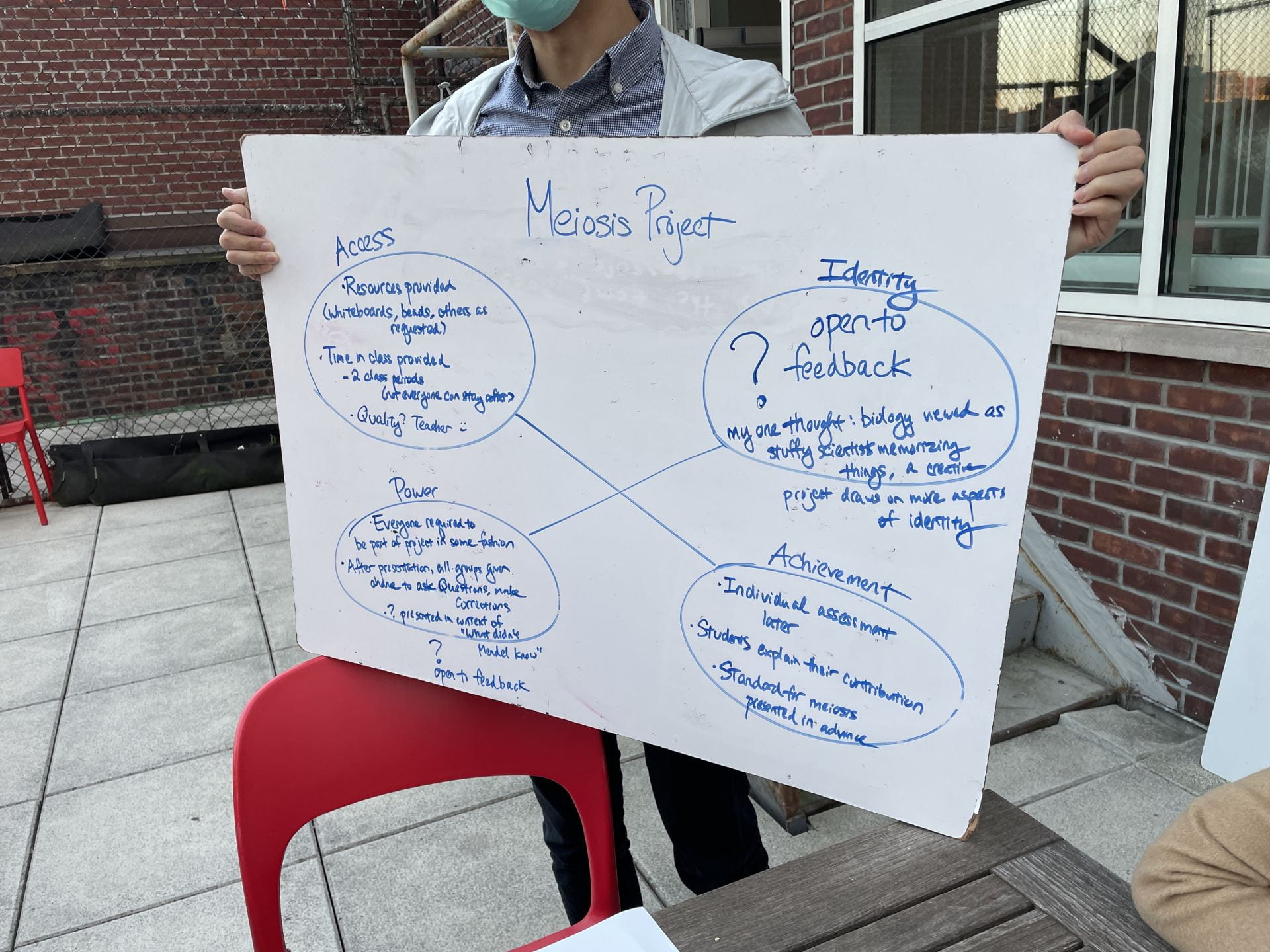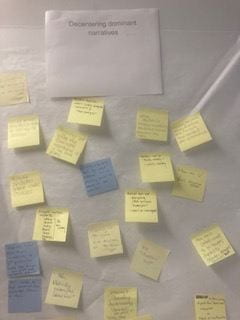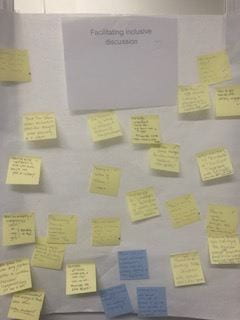Submitted by: Susannah Flicker
Learning Support Department Meeting Notes, 11/9/21
1. We started with each person sharing something that has been going well/a positive from the past few weeks. Examples: middle school learning differences affinity group formation and first meeting, groups for reading and math support in lower school.
2. Susannah shared about meeting with Kalil to discuss DEI work as it pertains to the learning support department, and reiterated the goal of working to collect best practices for equity and inclusion across the divisions.
3. Discussed different ways of approaching the idea of “best practices” specific to learning support: one way is to look at teacher practices in the classroom (ie differentiation, using learning specialists for push-in vs. pull-out support, differences across the divisions) and another way would be in terms of our own practice as learning specialists or the ways in which learning support is structured at the divisional and/or institutional level.
4. This led us into a lengthy discussion about ways in which access to outside supports and evaluations could be made more equitable. The HS learning specialists shared that they have had a lot of success with helping families to access free evaluations through the DOE and getting access to services through DOE providers, while the middle school and lower school has not had the same success and there is a concern about low or no cost services not being available for families who need them the most.
5. Plans for next meeting include more sharing of resources between divisions, and more explicit discussion of best practices for our department.
Ideas for next meetings-what would be most helpful to the department…. Judith and my MS faculty meeting coming up-share ideas if you have them
